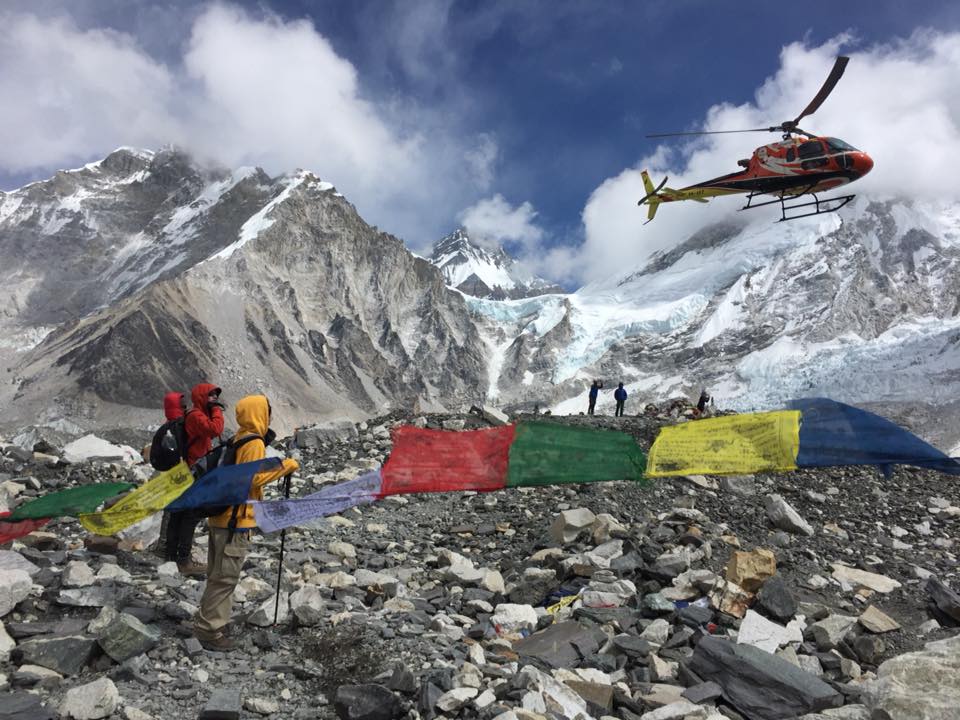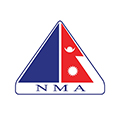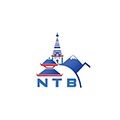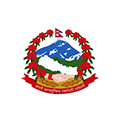Trekking to Everest Base Camp is a once-in-a-lifetime adventure that requires preparation and planning. Here's a comprehensive guide to help you prepare for your trek, including everything you need to know about equipment:
Equipment
One of the most important aspects of preparing for your Everest Base Camp Trek is ensuring that you have the right equipment. Here are some of the essential items you will need:
-
Trekking boots: Invest in a good pair of trekking boots that are comfortable and provide support for your ankles. Make sure to break them in before your trek to avoid blisters.
-
Warm clothing: The weather in the Himalayas can be unpredictable, so pack warm clothing layers, including a down jacket, fleece, and thermals. You'll want to be prepared for a range of temperatures, from warm during the day to freezing at night.
-
Sleeping bag: A warm and comfortable sleeping bag is essential for a good night's sleep on the trail. Look for one that is rated for at least -10°C to stay warm in the high-altitude conditions.
-
Trekking poles: Trekking poles provide extra support and help reduce the strain on your knees during steep descents. Make sure to adjust them to the correct height for your comfort.
-
Headlamp: A headlamp is necessary for early morning starts and for navigating in the dark. Bring extra batteries or a portable charger to ensure it stays powered throughout your trek.
-
Water bottles and hydration system: Staying hydrated is important, so bring water bottles and/or a hydration system such as a Camelbak. Water purification tablets or a filter can also be helpful to ensure that you have access to safe drinking water.
-
Backpack: A good backpack that fits comfortably and can carry all your gear is essential. Look for one that is sturdy and has a waist strap to distribute the weight evenly.
-
First-aid kit: A basic first-aid kit with essentials like band-aids, pain relievers, and anti-inflammatory medication is essential. If you have any pre-existing medical conditions, make sure to bring any necessary medication and consult with your doctor before your trek.
-
Sunscreen and sunglasses: The high altitude means that the sun's rays are stronger, so bring sunscreen and sunglasses to protect yourself from sunburn and eye damage.
-
Camera and batteries: You'll want to capture the stunning scenery, so bring a camera and extra batteries. A portable charger can also be helpful to keep your devices powered.
Other important items to consider bringing include a hat, gloves, a buff, or scarf, a waterproof jacket, and a quick-dry towel.
Training
Trekking to Everest Base Camp is a physically demanding activity, so it's essential to train beforehand to build up your endurance and strength. Cardiovascular exercise such as running or hiking, as well as strength training for your legs and core, can help prepare you for the trek. Try to train for at least three months before your trek, gradually increasing the intensity and duration of your workouts.
Permits
To trek to Everest Base Camp, you'll need to obtain the necessary permits from the Nepal government. The most common permits are the Sagarmatha National Park Permit and the TIMS (Trekkers' Information Management System) card. These permits can be obtained through a tour company or at the Nepal Tourism Board in Kathmandu.
Tour Company
Choosing a reputable tour company is significant for a safe and enjoyable Everest Base Camp Trek experience. Look for a company that has experienced guides, a good safety record, and a commitment to responsible and sustainable tourism practices.
 Actual Adventure Pvt. Ltd.
Actual Adventure Pvt. Ltd. Actual Adventure Pvt. Ltd.
Actual Adventure Pvt. Ltd. 













